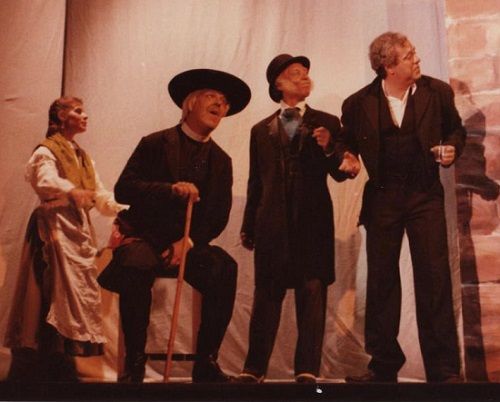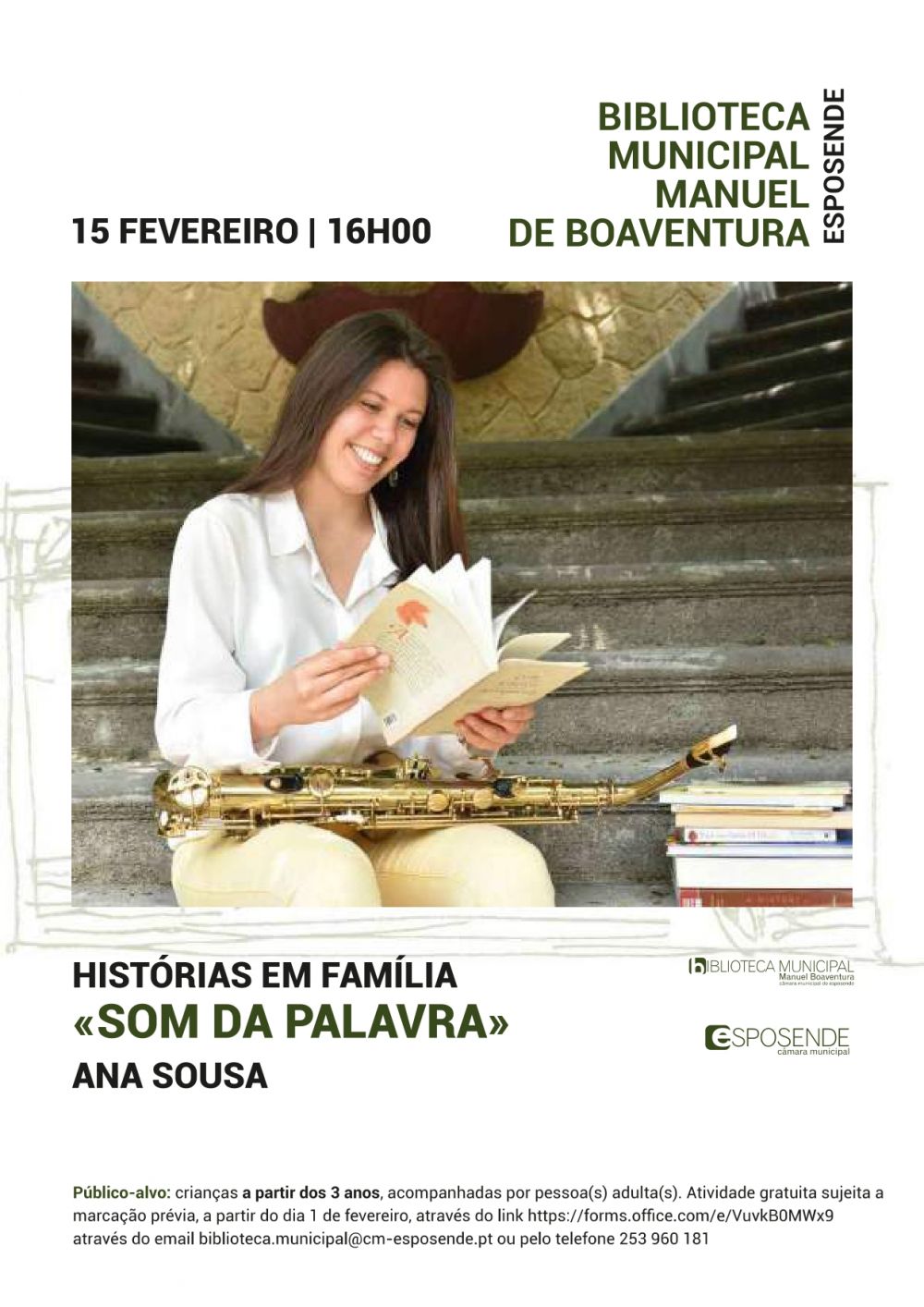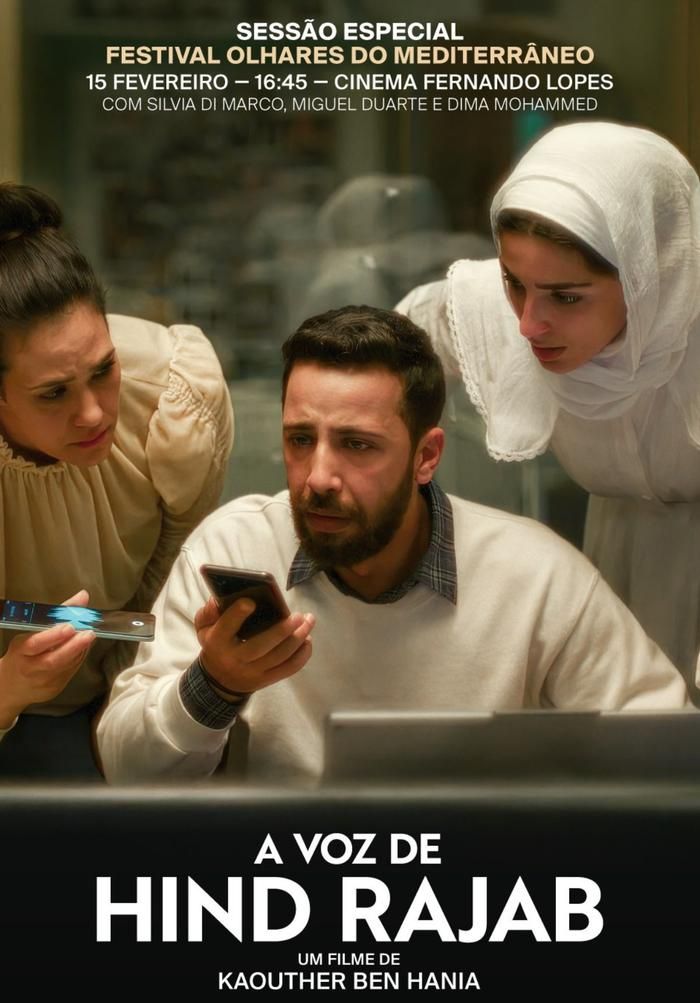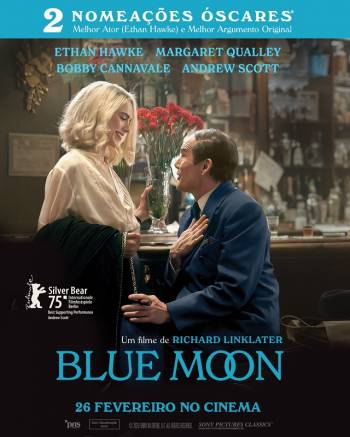Obras de referência da cultura portuguesa
"OS VELHOS"
de D. JOÃO DA CÂMARA
Análise de Duarte Ivo Cruz
Tradução: Alexandra Leitão

D. João da Câmara constitui um caso bem singular na evolução e na capacidade de inovação do teatro português: para lá de toda a linha dramatúrgica vinda de um neo romantismo que, na sua obra assume características de óbvia qualidade renovadora, o que mais o caracteriza será a iniciação quase simultânea do simbolismo e do realismo, em peças tão distintas mas, ambas de altíssima qualidade, como são respetivamente "O Pântano" (1894) e "Os Velhos" (1893). Sendo certo que, no tocante ao simbolismo, a "Belkiss" de Eugénio de Castro é do mesmo ano de "O Pântano", inova na mesma linha estética, mas fica aquém na perspetiva dramática, não obstante uma maior força poética.
Ora "Os Velhos" são de facto a peça iniciática de um realismo poético que ultrapassa os sinais naturalistas incipientes, ou, pelo contrário, grosseiramente carregados, da passagem do século. A peça de D. João da Câmara é, antes de mais, notabilíssima na qualidade da escrita e na capacidade de entremear num tom, insista-se, de realismo poético certeiro, uma linguagem e uma definição de caracteres que são intemporais e universais, não obstante, evidentemente, o ano de feitura e a situação histórica e económica descrita.
Há aliás uma dimensão biográfica importante nesta peça, e dela decorre também o rigor realista do ambiente. D. João da Câmara estudou engenharia na Bélgica, e no principio da vida profissional trabalhou na implantação do ramal de Cáceres, no então remoto Alto Alentejo, agitado pela implantação do caminho-de-ferro internacional. D. João da Câmara retratou por isso coisas que viu e discutiu, encarnado de certo um pouco na figura do "Engenheiro Júlio". E é de assinalar então, desde já, a modernidade do enredo, que mistura com grande sentido da psicologia e da conduta dramática, factos certamente vividos, mas, insista-se, numa perspetiva de modernização económica. O Júlio, ao ficar noivo da Emilinha no dia em que os avós da namorada festejam as Bodas de Ouro, dá os sinais de um país, uma economia, uma sociedade e uma mentalidade voltadas para o futuro. O sinal do comboio é o símbolo dessa renovação, tanto mais assinalável quanto se situa numa zona até aí encravada no interior, não obstante a proximidade da fronteira, o cosmopolitismo do contrabando e o contacto com Espanha, que nessa altura, diga-se entretanto, não seria mais moderna do que Portugal...
Exatamente por isso, tem de se insistir na modernidade do tema e isto, apesar dos evidentes condicionalismos da época de feitura, acentuados pelo admirável contraste entre essa modernidade e a sociedade patriarcal dos "velhos", com as manias e amores serôdios, frustrados ou não, mas com uma profunda visão enternecida, que tem o seu apogeu no final, com a evocação de uma noite de núpcias de há exatos 50 anos... ou, noutro plano, com a lembrança dos filhos mortos. Ou com a certeza de que a Emilinha, apesar de (futuramente) casada com um Engenheiro de Lisboa, também será feliz.
É certo que o Engenheiro Júlio propõe-se "viver e morrer aqui", mais ou menos onde, mais de meio século depois, viveria José Régio. Mas para o Júlio, essa opção, tomada pelo amor da Emilinha, é " um dos maiores sacrifícios", "sacrificando o (...) futuro". Mas será uma futuro diferente, pois o comboio "há-de acordar os ecos desses campos adormecidos"!
E nada nos prova de que assim tenha ocorrido: com o autor sabemos que não ocorreu. Afinal, D. João da Câmara, se não esqueceu a engenharia, deixou-a ultrapassar e de que maneira por uma vida de dramaturgo e escritor de primeiríssima qualidade. E é justo e certo que o busto que valoriza o Largo D. João da Câmara, no coração de Lisboa, se situe entre o Teatro Nacional de D. Maria II e a Estação do Rossio!
"OS VELHOS" by D. JOÃO DA CÂMARA
D. João da Câmara is an unusual case in the evolution and in the innovative capacity of Portuguese theatre: in addition to an entire dramaturgical line emanating from a neo-romanticism that takes on an evident renovating quality in his work, what most characterises it is the almost simultaneous start of symbolism and realism in plays such as O Pântano (1894) and Os Velhos (1893), which are both so different but both of great quality. In terms of symbolism, it is of course true that Belkiss, by Eugénio de Castro, was written in the same year as O Pântano and is as innovative in the same aesthetic vein despite its greater poetic force, although it lacks dramatic perspective.
Now, Os Velhos is in fact the first play of a poetic realism that exceeds the incipient or rather heavily laden naturalist signs of the turn of the century. D. João da Câmara’s play is mainly remarkable for the quality of its writing and for the capacity to intersperse, in a tone of sure poetic realism, an idiom with a definition of characters that are timeless and universal, notwithstanding of course the year when it was written and the historic and economic situation described.
There is in fact an important biographical dimension in this play which also lends strength to the realistic accuracy of the environment. D. João da Câmara studied engineering in Belgium and in the early years of his career worked on the setting out of the Cáceres branch railway line in what was then deepest Alto Alentejo, unsettled by the establishment of the international railway line. That is why he was able to depict things he saw and discussed, to a certain extent embodied in the figure of Engenheiro Júlio. It is important to note how modern the plot is, as with great feeling for the psychology and the dramatic conduct, it mixes facts that were certainly experienced but, we insist, from a point of view of economic modernisation. On becoming engaged to Emilinha on the very day that her grandparents are celebrating their golden wedding anniversary, Júlio shows a country, an economy, a society and a mentality that are facing the future. The sign of the train is the symbol of that renovation, the more remarkable as it is located in a region until then locked in the interior, despite the proximity of the border, the cosmopolitanism of smuggling and of contact with Spain, although we might say that at the time Spain was certainly no more modern than Portugal…
Precisely because of this, one must insist on the modernity of the theme, despite the conditioning factors of the time when the play was written, accentuated by the admirable contrast between that modernity and the patriarchal society of the "old ones" (os velhos), with their tics and untimely loves, frustrated or otherwise, but with a profound tender vision that has its high point at the end, with the evocation of a wedding night that took place exactly fifty years ago… or, on another plane, when recalling their dead children. Or with the certainty that, although to be married to an engineer from Lisbon, Emilinha will surely be happy.
It is true that Engenheiro Júlio intends to "live and die here", near where José Régio was to live over fifty years later. This decision for Júlio, however, deriving from his love for Emilinha, is "one of the greatest sacrifices", "sacrificing the (…) future". But it will be a different future, however, as the train "will awaken the echoes of those sleeping fields"!
There is nothing to prove to us that this was so: with the author we know that it was not so. In the end, whilst not actually forgetting his engineering, D. João da Câmara was taken up in no uncertain terms by his life as a playwright and writer of the first water. And it is only fair and right that the bust enhancing Largo D. João da Câmara in the heart of Lisbon should be located between D. Maria II National Theatre and Rossio Railway Station!
Obras de Referência da Cultura Portuguesa
projeto desenvolvido pelo Centro Nacional de Cultura
com o apoio do Ministério da Cultura

 Divulgue aqui os seus eventos
Divulgue aqui os seus eventos













